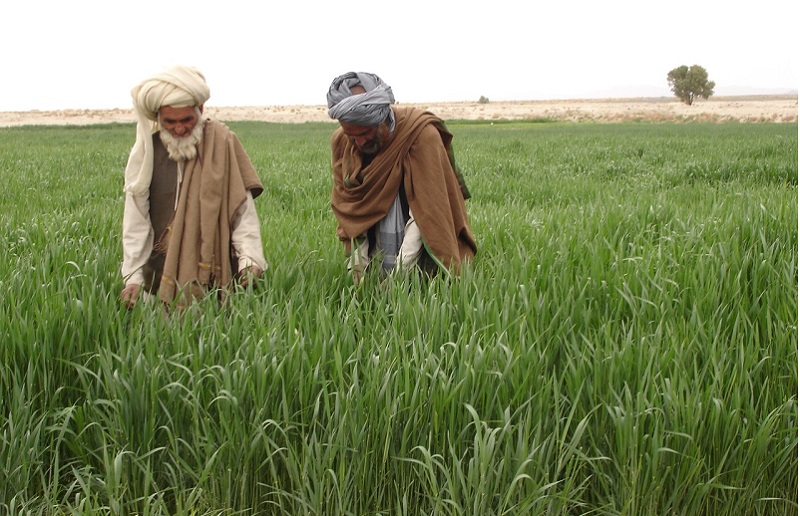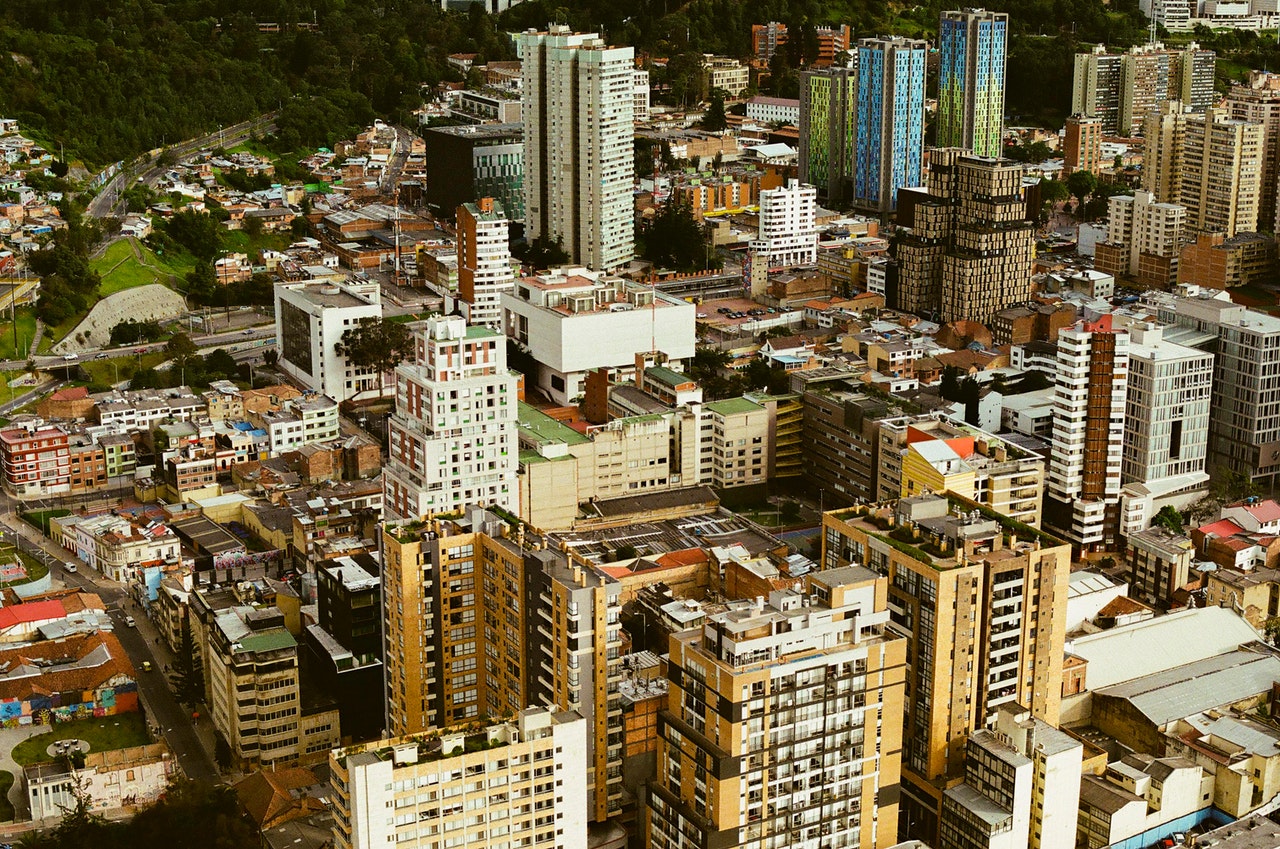Pakistan launches initiative to convert vast uncultivated land into cultivable areas, addressing food security challenges. Prime Minister Shehbaz Sharif inaugurates Land Information and Management System Center of Excellence, aiming to enhance food security.

Utilizing modern agricultural technologies, Pakistan plans to convert 4.4 million hectares of uncultivated land into productive cultivable areas out of a total of approximately nine million hectares.
Pakistan’s agriculture sector contributes 23 percent to GDP and employs around 37.4 percent of the country’s labor force, making it a crucial part of the economy.
Official project documents reveal that the area under cultivation is decreasing, leading to a growing population-production gap and substantial agricultural imports amounting to $10 billion, causing economic strain.
Approximately 37 percent of the Pakistani population faces food insecurity, with 18.3 percent experiencing a severe food crisis, according to the World Food Program.
The country also grapples with a wheat shortage, as current production falls short of the total demand of 30.8 million metric tonnes by almost 4 million metric tonnes.
The government, with support from the armed forces, aims to promote agricultural growth and production by utilizing over nine million hectares of uncultivated state land in different phases.






